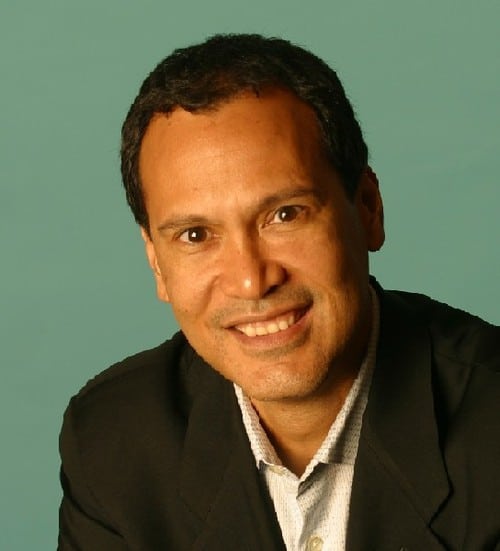
Eight months after he joined the corporation from Major League Gaming, Ralph Rivera has set out his aims for the first time as the BBC’s future media director.
It boils down to this – no content expansionism, but taking existing content and brands to new devices.
“We see the emergence of a post-PC world and we are embracing it as an opportunity to reach our audiences on whatever ‘piece of glass’ they choose to use, with an experience appropriate for each device,” Rivera wrote, in a general blog post, after a media briefing during a BBC Online stakeholder outreach day on Friday.
“We’re experimenting with dual-screen companion devices, where what you do on your tablet or phone is related to what you see on your TV – for instance, with our Autumnwatch trial.”
Rivera, whose salary is £280,000, has inherited the BBC’s Putting Quality First strategy to rationalise its various programme websites in to 10 thematic “products”. Associated job losses are still in consultation, Rivera said. In what space might be left over for innovation after that downsizing, Rivera has, in public appearances since his appointment, often referred to multi-screenism.
The first product launch under his stewardship is an application for Samsung Smart TV that repurposes BBC News video and text at viewers’ request. BBC Worldwide will license the app for international exploitation with built-in advertising.
Rivera also made a comment that may have been designed to soothe two groups – independent production contractors (some of whom have complained at BBC selection critera) and UK techies (some of whom reckon the BBC should open up and work with developers).
“The BBC cannot do this alone, and we are looking to our partners to help us realise these plans, whether that’s developing better links with the start-ups that are putting the UK on the map as a hub for digital innovation, global deals with social networking sites, improving relationships with independent production companies or partnerships with consumer electronics companies,” Rivera said.